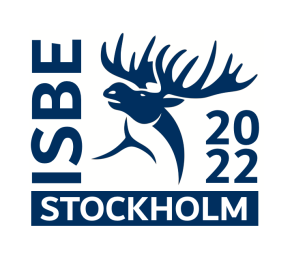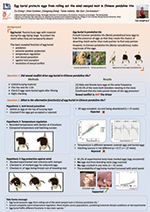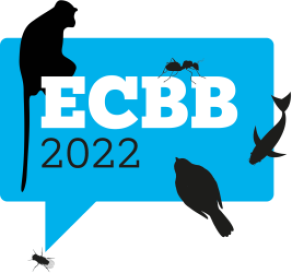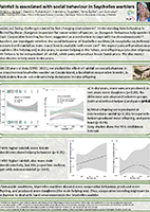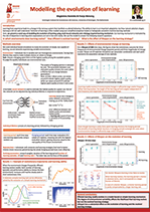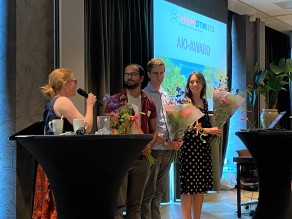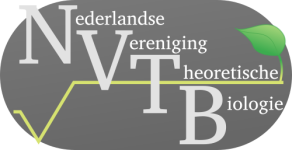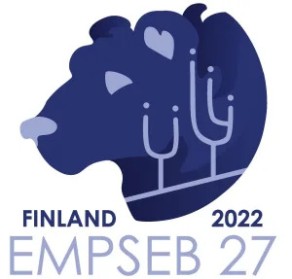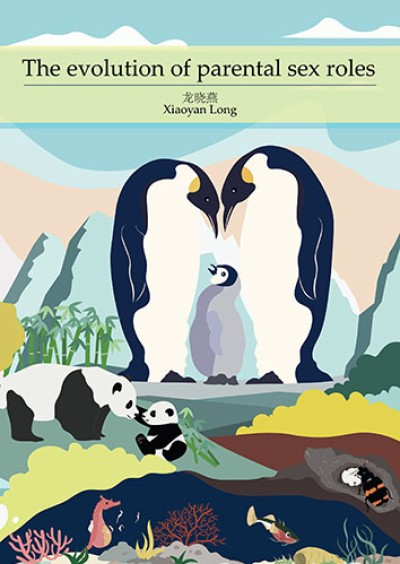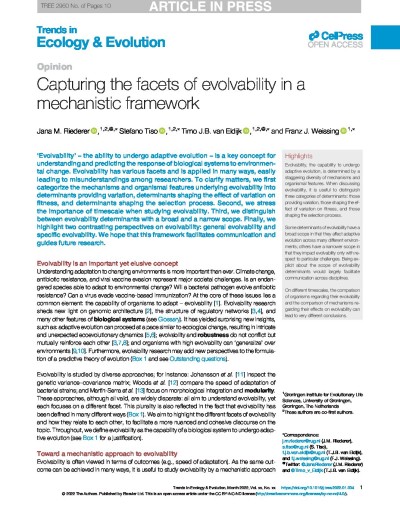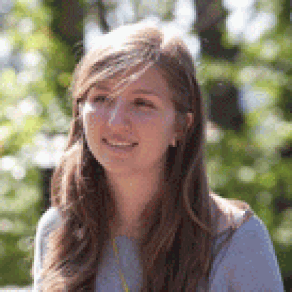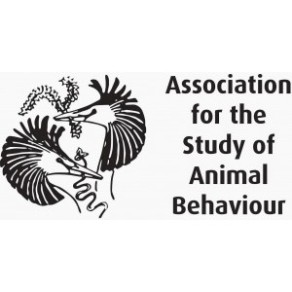Franjo Weissing and Xiaoyan Long: Joint evolution of parental effort and the primary sex ratio
Pratik Gupte: Novel pathogen introduction rapidly alters the evolution of movement, restructuring animal societies
Apu Ramesh: Human-induced isolation causes rapid behavioral divergence with genetic underpinning in resident and migrant stickleback
Victoria Rostovtseva: Understanding cooperativeness in humans (presentation url: https://vimeo.com/732109758/75c72dd6e5)
Franjo Weissing gave the opening keynote lecture on Reconciling mechanistic and functional perspectives on behaviour.
Other group members also gave talks:
Jia Zheng: Egg burial protects eggs from rolling out the wind-swayed nest in Chinese penduline tits
Apu Ramesh: Individual personalities and not the social context predict movement tendencies in three-spined sticklebacks
Ines Daras Modelling cultural transmission: Do learning mechanisms matter?
Our group also presented a number of posters:
Jakob Gismann: Personality-dependent dispersal and breeding success in three-spined sticklebacks
Franjo Weissing gave one of the keynote lectures: Evolution of sex roles – Individual-based simulations versus analytical predictions and a number of MARMots presented their work:
Jana Riederer Capturing the facets of evolvability in a mechanistic framework
Jia Zheng: Effects of season length and uniparental care efficiency on the evolution of parental care
Inès Daras: Plasmid dynamics in the context of resource competition
Stefano Tiso: Finding a mutational switch – A simple model for the evolution of a bias towards adaptive mutations
Long X (2022). The evolution of parental sex roles. University of Groningen, 196 p., doi: 10.33612/diss.217284138, download thesis, propositions
Riederer JM, Tiso S, van Eldijk TJB, Weissing FJ (2022). Capturing the facets of evolvability in a mechanistic framework. Trends Ecol Evol, doi: 10.1016/j.tree.2022.01.004, download pdf
Timo van Eldijk: Uniting community ecology and evolutionary rescue theory – Community-wide rescue leads to a rapid loss of rare species
Xiaoyan Long: Individual variation in parental care drives divergence of sex roles
Emiliano Méndez Salinas & Magdalena Kozielska: Modeling the evolution of associative learning
The Award Committee justifies the decision as follows:
The committee was particularly impressed by the breadth of your interests, combined with the thoroughness of the approaches you used to tackle diverse, yet always fascinating, issues. Also, the fact that you combine mathematical modelling to generate predictions with well thought-through and often methodologically-challenging experiments to test these predictions was highly appreciated.
The JMS Prize comes with an invitation to give the JMS Prize 2021 lecture at the next ESEB congress in August 2022 in Prague, Czech Republic. In addition, the JMS prize comes with a monetary prize of 2500 €, the possibility of a six-months Junior Fellowship at the Institute of Advanced Study in Berlin, and the invitation to write a review for the Journal of Evolutionary Biology.

